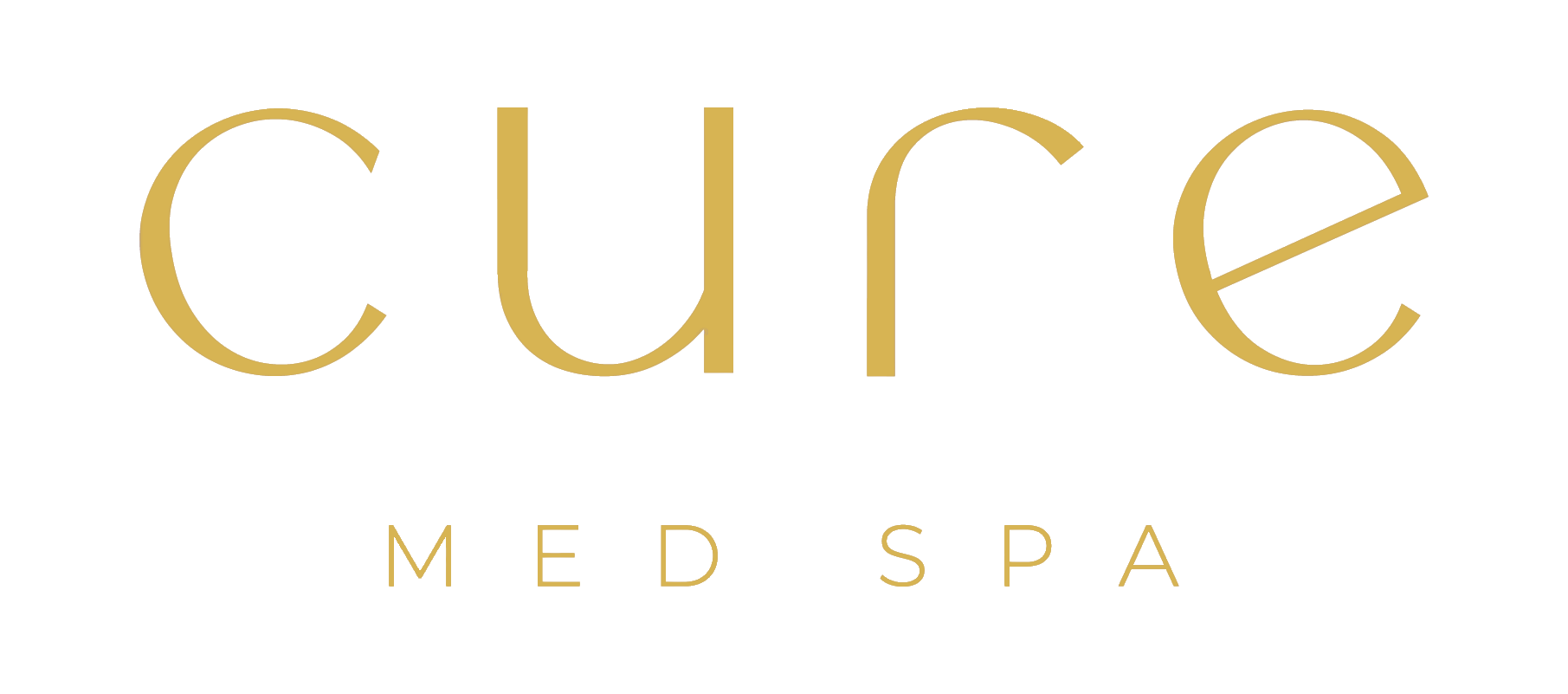
Many expectant mothers prioritize their health and the well-being of their developing baby. This can lead to questions about the safety of cosmetic treatments, including lip fillers. Let’s delve into the world of lip fillers and understand if they’re compatible with pregnancy.
Lip Fillers 101
Lip fillers, a type of dermal filler, are injectable substances used to enhance lip size and shape. Hyaluronic acid (HA), a naturally occurring sugar molecule in the body that plumps the skin and helps it RETAIN MOISTURE, is a common type of filler used for lip augmentation. The most popular FDA-approved lip fillers are Restylane and Juvederm; other types of fillers exist, but HA is generally preferred for its temporary nature and reversibility with an enzyme called hyaluronidase.
Can I Get Lip Fillers While Pregnant?
The short answer is no. The FDA (Food and Drug Administration) has not approved lip fillers (or dermal fillers in general) for use during pregnancy or breastfeeding. This lack of approval stems from the limited research on the potential effects of fillers on pregnant women and their developing babies. Because we don’t know if fillers can affect fetal development, it’s best to err on the side of caution.
Alternatives to Lip Fillers for Pregnant Women
During pregnancy, it’s best to prioritize natural and safe methods for enhancing your appearance. But while more invasive cosmetic procedures like Botox and microneedling are off the table, you don’t have to stop your spa visits altogether.
Here are some alternative baby-safe treatments to consider:
Facials
Professional facials cleanse, exfoliate and hydrate the skin, promoting a healthy glow. Your esthetician uses a combination of steaming, cleansing, exfoliation, masks and moisturization to remove dirt, oil and dead skin cells, leaving the skin refreshed and nourished. Facials are generally safe for pregnant women as long as the products used are gentle and fragrance-free. Avoid facials with strong chemical peels, aggressive extractions or retinol products.
Gentle Chemical Peels
These can address issues like dullness and uneven texture without harsh chemicals. Gentle CHEMICAL PEELS use mild acids like lactic acid or glycolic acid to remove the top layer of dead skin cells, revealing a brighter, smoother complexion. While generally considered safe, consult with your OBGYN or healthcare provider before getting a chemical peel during pregnancy. Stronger peels are not recommended due to potential absorption of ingredients.
Dermaplaning
This treatment removes dead skin cells, revealing a smoother, brighter complexion. A sterile blade gently removes the top layer of dead skin cells, vellus hair (peach fuzz) and oil buildup. Dermaplaning is generally considered safe for pregnant women because it only affects the top layer of skin. However, some women may experience increased skin sensitivity during pregnancy, so a consultation with a dermatologist or other skin care expert is recommended.
Other Ways to Care for Your Skin During Pregnancy
Pregnancy brings a beautiful glow to many women, but it can also lead to dryness, breakouts and a form of hyperpigmentation called melasma.
Here’s how to nurture your skin naturally:
The Power of Nutrition
Focus on a balanced diet rich in fruits, vegetables and whole grains. These foods provide essential vitamins, minerals and antioxidants that nourish your skin from the inside out. Here’s a breakdown of some key nutrients and their benefits:
- Vitamin C: A powerful antioxidant that PROTECTS YOUR SKIN from sun damage and fights free radical damage, which can contribute to wrinkles and fine lines. Citrus fruits, berries, kiwi and bell peppers are all excellent sources of Vitamin C.
- Vitamin E: Another antioxidant that helps shield your skin from sun damage and environmental stressors. Opt for foods like almonds, sunflower seeds, avocados and leafy greens to boost your Vitamin E intake.
- Omega-3 Fatty Acids: These healthy fats promote skin hydration and elasticity. Fatty fish like salmon and sardines, as well as flaxseeds and walnuts, are rich in Omega-3s that boost collagen naturally–but watch out for high-mercury seafood like tuna.
- Zinc: Plays a role in cell regeneration and wound healing, which can help keep your skin looking clear and healthy. Lean meats, poultry, (cooked!) oysters and whole grains are good sources of zinc.
Staying Hydrated
Drinking plenty of water keeps your skin plump and hydrated from within. Aim for eight glasses of water per day, and adjust based on your activity level and climate. Additionally, consider incorporating hydrating fruits and vegetables like watermelon, cucumber and celery into your diet.
Rest and Stress Management
Getting enough sleep (ideally 7-9 hours per night) allows your body to repair and regenerate skin cells. Chronic stress can exacerbate skin problems like breakouts. Relaxation techniques like yoga, meditation or deep breathing can help manage stress and promote a healthy glow.
How Soon After Giving Birth Can I Get Lip Filler?
It’s best to consult a board-certified provider after childbirth and discuss your options. They can advise on the safest time to resume lip filler treatments based on your individual situation and whether you’re breastfeeding.
Takeaway
While getting lip filler injections is a tempting solution for lip enhancement, the lack of research on their safety during pregnancy makes them a procedure to avoid until after childbirth and breastfeeding have concluded. Prioritize natural skin care routines, a healthy lifestyle and consult a medical professional for personalized advice. Remember, a radiant pregnancy glow comes from within!

